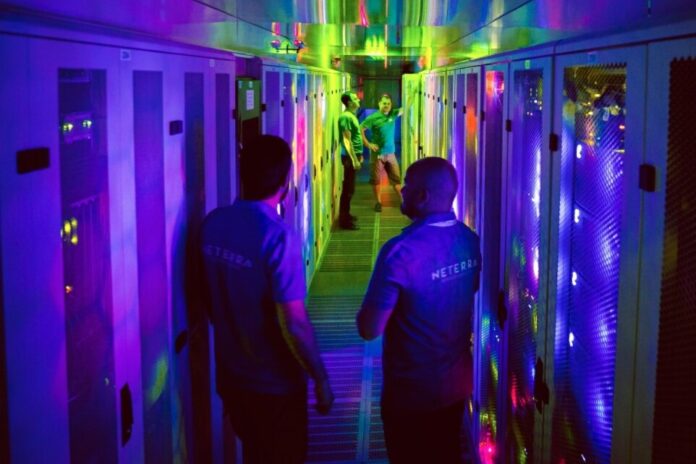Company says peering is still cost-effective despite falls in IP Transit prices
Bulgarian-based telco Neterra Group’s global Internet exchange platform NetIX has added five more Internet exchange points (IXPs) to its list of connected exchanges, improving its peering services for its members and providing a better selection of global ASNs.
NetIX has added InterLAN, the largest Romanian interconnection platform with traffic peaks of 400Gbps, and LocIX, the non-profit, open-policy, local IXP for Dusseldorf, Netherlands and Frankfurt to its ecosystem of Internet exchanges.
In addition, NetIX has added Netnod, an IXP based in Sweden with average traffic rates of 1.3Tbps, Piter-IX, a geographically dispersed exchange with over 300 members predominantly in Russia, and InterIX, a rapidly growing IXP based in the Netherlands.
“NetIX – while global – is incredibly strong in Europe. By adding InterLAN in Romania and LocIX which is distributed between Germany and the Netherlands, NetIX has further improved its connectivity across Europe by enabling more interconnects and therefore resiliency across its network,” NetIX VP of service Dean Belev told Mobile Europe.
“Europe is home to many small enterprising companies, and [our] Global internet Exchange (GIX) lends itself perfectly to companies that are growing and building their presence – accessing over 30 IXPs without the expense of connecting to each one directly saves thousands and countless hours,” he added.
Belev said that despite IP Transit prices falling, there was still a major role for peering to play in Europe and beyond. “The cost of IP Transit is much lower than what it used to be even a couple of years ago, and whilst peering costs haven’t reduced in the same way, they still add value where IP Transit doesn’t,” he said. “Peering, whether remotely or directly, actively lowers latency and improves resiliency. Having a reliable and trustworthy network justifies peering costs.”
He added: “The number of available routes has grown dramatically over the past couple of months and members can now access over 10,000 ASNs [directly] which will actively lower their networks’ latency, improve its resiliency, all whilst reducing operational and running costs.”
Global growth
Belev said the group’s network stretches across more than 220 global data centres in more than 100 cities from 65 countries. The NetIX platform connects its 200 or so members to content from more than 10,000 visible networks and more than 30 Internet exchanges. It currently reaches daily peaks of 2Tbps of traffic throughput having grown 200Gbps over the past five months.
“Members can connect to…these exchanges directly and appear as if physically present at each exchange via NetIX’s remote peering service or, as part of a bigger peering solution, by blending their connected ASNs with 30+ other IXPs using [our] GIX service,” he said.
“The concept around our GIX service means customers can get 30 IXPs’ worth of traffic via one cross connect and one port, rather than paying these costs thirty times over for each separate IXP which makes the GIX incredible value for money,” he added.
Last month NetIX merged two of its regional divisions in Thessaloniki and Athens to create NetIX Greece. Services are now available via the company’s primary on-net Greek locations: TI Sparkle Greece (IDC), Balkan Gate, Lancom Thessaloniki DC, and Lancom Athens DC or via any PoP on exclusive partner Lancom’s network.


